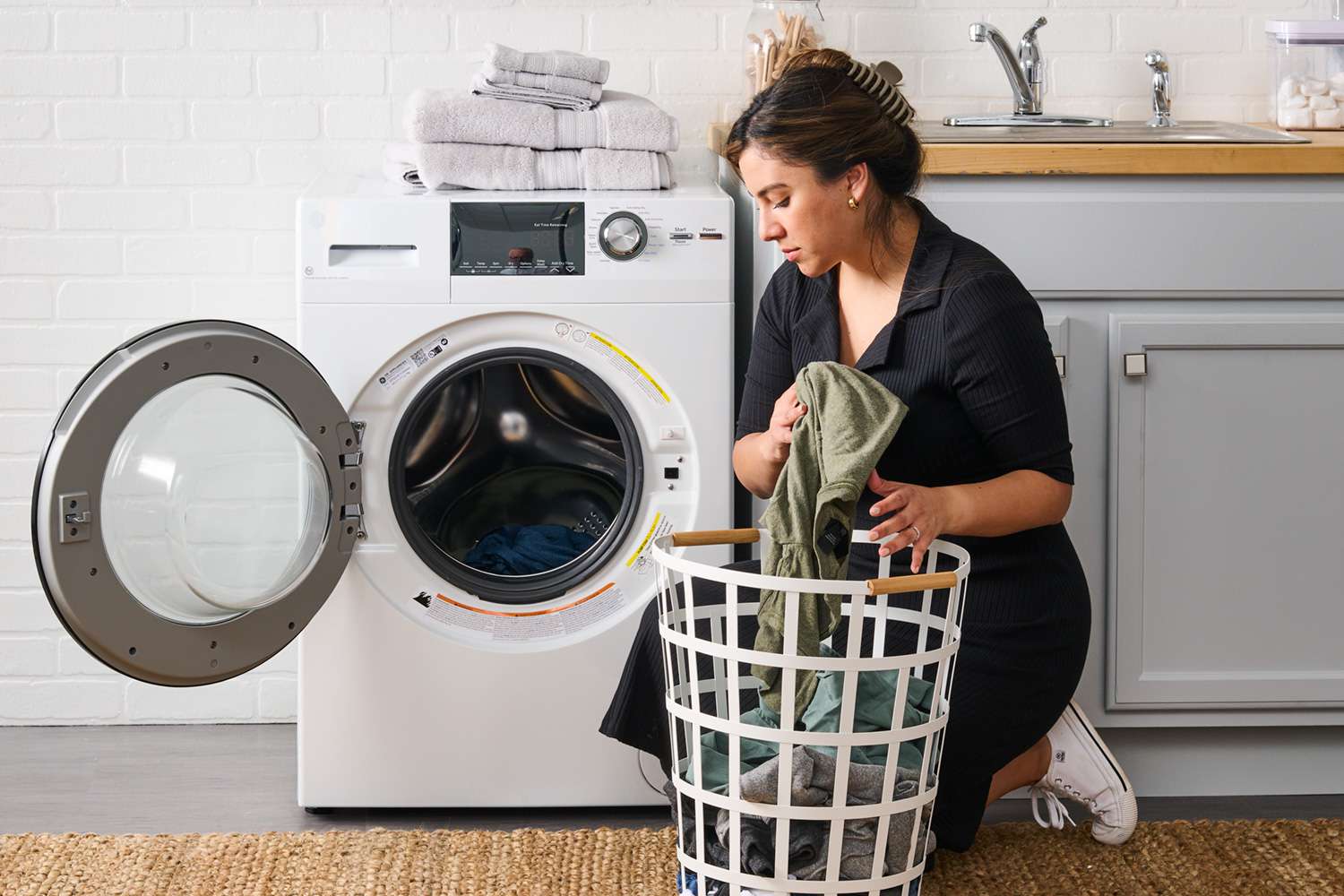

Articles
How Do I Know If My Washer Is High Efficiency
Modified: October 20, 2024
Learn how to determine if your washer is high efficiency with our informative articles on laundry appliances.
(Many of the links in this article redirect to a specific reviewed product. Your purchase of these products through affiliate links helps to generate commission for Storables.com, at no extra cost. Learn more)
Introduction
Welcome to the world of high-efficiency washers! If you’ve recently purchased a new washing machine or are considering upgrading to one, you may have come across the term “high efficiency” or “HE” washer. But what exactly does it mean, and how do you know if your washer falls into this category?
In this article, we will explore what defines a high-efficiency washer and how to determine if your machine fits the bill. We will discuss the benefits of using a high-efficiency washer, as well as provide maintenance and care tips to keep your machine running smoothly for years to come. So, let’s dive in!
High-efficiency washers are designed to use less water and energy compared to traditional top-loading washers. They are not only more environmentally friendly but also offer several advantages to homeowners. Before we delve into the indicators of a high-efficiency washer, let’s first understand what makes these machines different from their standard counterparts.
Traditional washing machines typically use a significant amount of water during each cycle, consuming more energy to heat that water. High-efficiency washers, on the other hand, feature advanced technology such as variable speed motors and sensors that optimize water and energy usage.
The primary aim of a high-efficiency washer is to reduce water consumption while still delivering excellent cleaning performance. This is achieved by using less water and relying on other mechanisms such as tumbling the clothes in a drum or using specialized cleaning agents to lift dirt and stains. By doing so, high-efficiency washers are not only gentler on your clothes but also gentler on the environment.
When shopping for a new washer, it can be challenging to determine whether the model you’re considering is truly high efficiency. However, there are various indicators and certifications you can look for to ensure you’re making an informed decision. In the next sections, we will explore these indicators and discuss how you can identify a high-efficiency washer.
Key Takeaways:
- High-efficiency washers use advanced technology to save energy and water, providing excellent cleaning performance while being gentle on clothes and the environment.
- Look for Energy Star certification and follow proper maintenance to maximize the benefits of high-efficiency washers, saving money and contributing to a sustainable lifestyle.
Read more: How Do I Know If My HVAC Needs Freon
Understanding High Efficiency Washers
High-efficiency washers, commonly referred to as HE washers, have revolutionized the laundry industry with their advanced technology and energy-saving features. These washers are designed to provide efficient cleaning performance while using less water and energy compared to traditional washing machines.
One key difference between high-efficiency washers and traditional washers is the way they operate. High-efficiency washers typically do not have an agitator, which is a central post that rotates, in the middle of the drum. Instead, they use a tumbling action to clean clothes. This gentle tumbling motion not only reduces wear and tear on fabrics but also allows for more efficient water and detergent usage.
In addition to the lack of an agitator, high-efficiency washers also utilize advanced sensors and variable speed motors to optimize water and energy consumption. These sensors detect the load size and adjust the amount of water and detergent needed accordingly. Variable speed motors allow for flexibility in the wash cycle, ensuring that the machine operates at the appropriate speed for each specific load.
Another important feature of high-efficiency washers is the option to use specialized detergent. These detergents are formulated to work specifically with HE washers, producing optimal results while using less detergent. Using regular detergent in an HE washer can result in excessive suds, which can impede the cleaning process and potentially damage the machine.
High-efficiency washers also offer a range of cycle options to accommodate different types of fabrics and soil levels. Many models have specific cycles for delicate items, heavy-duty loads, and even steam cycles for removing tough stains. This flexibility allows users to customize their washing cycles to meet their specific needs.
One significant benefit of high-efficiency washers is their water-saving capabilities. Traditional top-loading washers can use up to 40 gallons of water per load, while high-efficiency washers use significantly less, typically around 15-25 gallons. This reduction in water usage not only conserves a precious resource but also lowers water bills for homeowners.
Furthermore, the energy-saving features of high-efficiency washers contribute to reduced electricity consumption. With advanced motor technology and optimized cycle settings, these washers use less energy to operate, resulting in lower utility bills and a smaller carbon footprint.
Understanding the basics of high-efficiency washers is crucial when selecting a new washing machine. By choosing an HE washer, you can enjoy the benefits of enhanced cleaning performance, water and energy savings, and a more eco-friendly laundry routine. In the next section, we will discuss the specific indicators that can help you identify whether a washer is high efficiency or not.
Energy and Water Efficiency
One of the primary advantages of high-efficiency washers is their energy and water efficiency. These machines are designed to minimize resource usage without compromising on cleaning performance. Let’s take a closer look at how high-efficiency washers excel in terms of energy and water efficiency.
Energy Efficiency:
High-efficiency washers incorporate several features that contribute to energy savings. One of the key components is the use of variable speed motors, which adjust the speed of the drum according to the specific load. This allows the machine to operate at the optimal speed, reducing energy consumption.
In addition, high-efficiency washers often include advanced insulation and improved water heating mechanisms. These features ensure that the water is heated quickly and efficiently, minimizing energy waste. Some models even offer a cold water wash option, further reducing energy usage by eliminating the need for water heating altogether.
Furthermore, high-efficiency washers typically have shorter wash cycles compared to traditional washers. This not only saves time but also contributes to energy savings. With shorter cycle times, less energy is required to complete each load, resulting in lower electricity consumption in the long run.
Water Efficiency:
One of the significant benefits of high-efficiency washers is their water-saving capabilities. These machines use significantly less water per load compared to traditional washers. The reduction in water usage is achieved through various mechanisms.
Firstly, high-efficiency washers do not have a central agitator, which requires a large volume of water to operate effectively. Instead, they use a tumbling action or other gentle washing methods that require less water. This not only saves water but also helps protect the fabrics from excessive wear and tear.
Secondly, high-efficiency washers employ advanced sensors that detect the load size and adjust the water levels accordingly. By accurately measuring the amount of water needed for each load, these machines avoid excessive water use, ensuring efficient cleaning while conserving water resources.
Lastly, high-efficiency washers often offer additional water-saving features such as pre-soak options or load sensing capabilities. These features optimize water usage by allowing users to customize the cycle to their specific needs, minimizing water waste.
By choosing a high-efficiency washer, you can significantly reduce both your energy and water consumption. Not only will this save you money on utility bills, but it will also contribute to a more sustainable lifestyle. In the next section, we will explore the specific features and indicators that can help you identify whether a washer is high efficiency or not.
Features of High Efficiency Washers
High-efficiency washers are equipped with several features that set them apart from traditional washing machines. These features not only contribute to their energy and water efficiency but also enhance their overall performance. Let’s explore some of the key features commonly found in high-efficiency washers.
1. Drum Design and Agitator-Free:
High-efficiency washers typically have a drum design that eliminates the traditional agitator found in top-loading washers. Without the agitator, there is more space in the drum for clothes to move freely, resulting in a more thorough and gentle cleaning process. The absence of the agitator also helps to reduce wear and tear on fabrics.
2. Tumbling Action:
High-efficiency washers use a tumbling action to clean clothes instead of relying on a central agitator. This tumbling motion allows for more efficient water and detergent usage, as the clothes are gently lifted and submerged in the water. The tumbling action also helps to remove dirt and stains effectively.
3. Variable Speed Motors:
High-efficiency washers are equipped with variable speed motors that adjust the drum’s speed based on the specific load. This feature ensures optimal performance and energy efficiency. By operating at the appropriate speed, the machine uses just enough power to get the job done, saving energy and reducing noise during operation.
4. Load Sensing:
High-efficiency washers utilize load sensing technology to detect the size of the load and adjust the water and detergent levels accordingly. This ensures that no excess resources are wasted on smaller loads, while still maintaining excellent cleaning results for larger loads. Load sensing also helps to prevent overloading, which can compromise the machine’s performance.
5. Specialized Detergents:
High-efficiency washers often require the use of specialized detergents that are formulated specifically for these machines. These detergents are designed to produce optimal cleaning results while using minimal amounts of detergent. Regular detergents can create excessive suds in high-efficiency washers, leading to inefficient cleaning and potential damage to the machine.
6. Flexible Wash Cycles:
High-efficiency washers offer a range of wash cycles to accommodate different fabric types and soil levels. These cycles can include options for delicate items, heavy-duty loads, quick washes, and even steam cleaning for tackling stubborn stains. This flexibility allows users to customize their washing cycles to suit their specific needs.
By incorporating these features, high-efficiency washers provide superior cleaning performance while minimizing resource usage. These machines offer a convenient and efficient laundry experience while helping to conserve energy and water. In the next section, we will discuss specific indicators that can help determine whether a washer is high efficiency or not.
Indicators of a High Efficiency Washer
When shopping for a new washing machine, it’s essential to be able to identify whether a washer is high efficiency or not. While some models may claim to be high efficiency, there are specific indicators you can look for to ensure you’re making an informed decision. Let’s explore these indicators and what to look for when determining if a washer is high efficiency.
1. Energy Star Certification:
One of the most reliable indicators of a high efficiency washer is the Energy Star certification. Energy Star is a program run by the U.S. Environmental Protection Agency (EPA) and the U.S. Department of Energy (DOE) that identifies and promotes energy-efficient products. Washers with the Energy Star label have undergone rigorous testing to meet or exceed strict energy efficiency guidelines.
2. Water Factor (WF) Rating:
Another indicator to consider is the Water Factor (WF) rating. The Water Factor represents the amount of water used by a washer to clean a specific amount of clothes. The lower the WF rating, the more water-efficient the washer is. Look for washers with a low WF rating, typically below 6, to ensure water-efficient operation.
3. Load Sensing Technology:
High efficiency washers often feature load sensing technology, which detects the size of the load and adjusts the water levels accordingly. This helps to prevent overuse of water for smaller loads, ensuring efficient water usage without compromising cleaning performance. Look for washers that advertise load sensing or automatic water level adjustment capabilities.
4. Energy Saving Cycle Options:
High efficiency washers may offer specific cycles or options designed to save energy. Look for features such as a quick wash or eco-mode that reduce cycle duration and energy consumption. Some models may also offer a cold water wash option, which further minimizes energy usage by eliminating the need for water heating.
5. Detergent Recommendations:
High efficiency washers often require the use of specialized detergents formulated for their low-water, energy-efficient operation. If a washer recommends using HE (high efficiency) detergent, it’s a good indication that it is designed to be water and energy efficient.
6. Drum Size and Design:
High efficiency washers typically have larger drum capacities compared to traditional washers. This allows for more efficient use of water and detergent, as larger loads can be washed at once. Additionally, high efficiency washers often have a drum design without a central agitator, further optimizing water and energy usage.
By considering these indicators, you can make an informed decision when selecting a high efficiency washer. Keep in mind that some indicators may vary depending on the manufacturer and model, so it’s always a good idea to thoroughly research the specifications and features of the washer you are considering.
Now that we’ve explored the indicators of a high efficiency washer, let’s move on to discuss the benefits of using such a washer in the next section.
Look for the “HE” symbol on the washer or check the model number for “H” or “HE” to indicate high efficiency. High efficiency washers use less water and energy compared to traditional washers.
Read more: How Do I Know If My Water Pump Is Working?
Checking for Energy Star Certification
When looking for a high efficiency washer, one of the most reliable indicators of energy efficiency is the Energy Star certification. The Energy Star program, run by the U.S. Environmental Protection Agency (EPA) and the U.S. Department of Energy (DOE), aims to identify and promote energy-efficient products that meet strict guidelines for performance and efficiency. By choosing an Energy Star certified washer, you can ensure that you are purchasing a high efficiency appliance that will save energy and lower your utility bills. Here’s how you can check for Energy Star certification:
1. Look for the Energy Star Label:
The Energy Star label is a quick and easy way to identify whether a washer is energy efficient. Look for the Energy Star logo prominently displayed on the washer or its packaging. This label indicates that the washer has met or exceeded the energy efficiency guidelines set by the EPA and DOE.
2. Visit the Energy Star Website:
You can also check for Energy Star certification by visiting the official Energy Star website. On the website, you can search for specific models or brands of washers to see if they are Energy Star certified. The website provides a comprehensive database of certified products, allowing you to make an informed decision when purchasing a high efficiency washer.
3. Consult the Washer’s Manual or Documentation:
If the Energy Star label is not clearly visible on the washer, you can refer to the washer’s manual or documentation. Manufacturers often include information about the washer’s energy efficiency and certifications in these materials. Look for references to Energy Star certification or energy efficiency ratings.
4. Check the Energy Guide Label:
The Energy Guide label is another valuable resource for determining the energy efficiency of a washer. This label provides information on the estimated annual energy consumption and operating costs of the appliance. The label also includes a scale comparing the appliance’s energy consumption to similar models, allowing you to make comparisons and choose the most energy-efficient option.
By checking for Energy Star certification, you can be confident that the washer you choose is energy efficient and meets the highest standards for performance and efficiency. Energy Star certification not only helps you save on energy costs but also reduces greenhouse gas emissions and contributes to a greener, more sustainable future.
In the next section, we will explore the numerous benefits of using a high efficiency washer in your home.
Benefits of Using a High Efficiency Washer
Using a high efficiency washer offers numerous benefits that go beyond just energy and water savings. These appliances are designed to provide a more efficient and eco-friendly laundry experience. Let’s explore some of the key benefits of using a high efficiency washer:
1. Energy Savings:
One of the most significant advantages of high efficiency washers is the amount of energy they save. These machines are specifically engineered to use less energy during each wash cycle. With advanced motor technology, optimized water heating, and shorter cycle times, high efficiency washers can significantly reduce your energy consumption. This not only helps lower your utility bills but also reduces your carbon footprint.
2. Water Savings:
High efficiency washers use less water per load compared to traditional washers. With features like load sensing and variable water levels, these machines ensure that the appropriate amount of water is used for each load size. By conserving water, you contribute to the conservation of this precious resource and help protect the environment.
3. Gentle on Clothes:
High efficiency washers typically use a gentle tumbling action to clean clothes. This gentle motion, combined with the absence of an agitator, helps minimize wear and tear on fabrics. As a result, your clothes will last longer and maintain their quality and appearance for a extended period of time.
4. Improved Cleaning Performance:
Contrary to the belief that high efficiency washers are not as effective at cleaning, these machines actually deliver exceptional cleaning performance. The advanced technology, such as specialized detergent, variable speed motors, and customizable cycle options, ensures that your clothes are thoroughly cleaned and stains are effectively removed. You can expect the same, if not better, cleaning results compared to traditional washers.
5. Quiet Operation:
High efficiency washers are designed to operate with reduced noise levels. With advanced motor technology and improved insulation, these washers provide a quieter washing experience. This is especially beneficial for households where the laundry area is located near living spaces or bedrooms.
6. Time-Saving Options:
Many high efficiency washers offer time-saving features such as quick wash cycles and steam cleaning options. These features allow you to complete your laundry faster without compromising on cleaning performance. For busy households with limited time for laundry, these options can be a game-changer.
7. Eco-Friendly Practices:
By using a high efficiency washer, you contribute to eco-friendly practices and promote sustainability. The energy and water savings achieved with these machines help reduce greenhouse gas emissions and conserve natural resources. By making a conscious choice to use a high efficiency washer, you are actively participating in a greener lifestyle.
Embracing the benefits of a high efficiency washer not only benefits you financially but also supports a more sustainable future. These appliances offer energy and water savings, gentle fabric care, enhanced cleaning performance, and time-saving options. By choosing a high efficiency washer, you can have a positive impact on both your wallet and the environment.
In the next section, we will provide some maintenance and care tips to ensure the longevity and optimal performance of your high efficiency washer.
Maintenance and Care Tips
To ensure the longevity and optimal performance of your high efficiency washer, it’s important to follow proper maintenance and care practices. By practicing regular maintenance and adopting these tips, you can maximize the lifespan of your washer and keep it running efficiently. Here are some maintenance and care tips to keep in mind:
1. Follow Manufacturer’s Instructions:
Always refer to the manufacturer’s instructions and user manual for specific maintenance guidelines and recommended cleaning procedures for your high efficiency washer. Each washer may have different requirements, so it’s essential to follow the manufacturer’s guidance.
2. Clean the Washer Regularly:
To maintain optimal performance, clean your high efficiency washer regularly. Wipe the exterior surface with a damp cloth and mild detergent. Remove any detergent or fabric softener residue from the dispenser drawer, and clean the door seal to prevent the buildup of mold or mildew.
3. Use the Right Detergent:
Use only high efficiency (HE) detergents specifically designed for high efficiency washers. These detergents are formulated to produce low suds and work effectively in low water levels. Avoid using regular detergents, as they can cause excessive sudsing and potentially damage the washer.
4. Proper Loading and Sorting:
Properly load and sort your laundry to avoid overloading the washer. Overloading can affect the machine’s cleaning performance and may lead to unbalanced loads. Sort your laundry by fabric type, color, and soil level for the best wash results and to prevent damage to delicate fabrics.
5. Use Cold Water for Most Loads:
High efficiency washers are designed to clean effectively with cold water in most cases. Using cold water not only saves energy but also helps preserve the quality of your clothes. Reserve hot water washes for heavily soiled items or for specific needs such as sanitizing or removing stains.
6. Regularly Check and Clean the Drain Pump Filter:
High efficiency washers have a drain pump filter that may collect lint, coins, and other debris from the laundry. Regularly check the filter and clean it to prevent clogs and maintain proper drainage. Refer to the user manual for instructions on how to locate and clean the drain pump filter.
7. Avoid Overusing Detergent:
Using excessive detergent can lead to soap residue buildup and affect the washer’s performance. Follow the detergent manufacturer’s recommendations and measure detergent amounts accurately. Adjust the detergent amount based on the load size and soil level to avoid waste and maintain optimal cleaning results.
8. Schedule Regular Maintenance Checks:
Consider scheduling regular maintenance checks with a professional technician. They can inspect the internal components, hoses, and connections to ensure everything is in proper working order. This can help identify any potential issues before they become significant problems.
By following these maintenance and care tips, you can keep your high efficiency washer in excellent condition and maximize its lifespan. Regular cleaning, using the right detergents, proper loading, and occasional professional maintenance will help ensure that your washer performs optimally and provides you with clean and fresh laundry every time.
Now that we’ve covered maintenance and care, let’s conclude our article.
Conclusion
High efficiency washers offer a range of benefits that make them a smart choice for any household. These energy and water-saving appliances operate efficiently while providing excellent cleaning performance. By using a high efficiency washer, you can contribute to a more sustainable lifestyle, reduce your utility bills, and extend the life of your clothes.
In this article, we explored the various aspects of high efficiency washers, from understanding their design and features to identifying the indicators of a high efficiency washer. We learned how energy and water efficiency are key components of these machines and how they lead to significant savings in resources. By utilizing load sensing, variable speed motors, and specialized detergents, high efficiency washers achieve excellent cleaning results while using less water and energy.
Checking for Energy Star certification is a crucial step in ensuring that you are indeed purchasing a high efficiency washer. Energy Star certified washers meet stringent energy efficiency guidelines and can help you save even more on your utility bills.
We discussed the benefits of high efficiency washers, including energy and water savings, gentle fabric care, improved cleaning performance, quiet operation, and time-saving options. These appliances promote eco-friendly practices and contribute to a greener future for our planet.
To keep your high efficiency washer in optimal condition, we provided maintenance and care tips such as regular cleaning, using the right detergent, proper loading and sorting, and checking and cleaning the drain pump filter. Following these tips will ensure that your washer continues to operate efficiently and provide you with fresh and clean laundry.
Overall, choosing a high efficiency washer is a wise investment for both your wallet and the environment. It offers numerous benefits, from energy and water savings to advanced cleaning performance. By being mindful of your washer’s maintenance and care, you can enjoy its benefits for years to come.
So, whether you’re in the market for a new washer or already have a high efficiency washer in your home, embrace its advantages, follow the proper care guidelines, and revel in the efficiency and effectiveness of this modern laundry essential.
Frequently Asked Questions about How Do I Know If My Washer Is High Efficiency
Was this page helpful?
At Storables.com, we guarantee accurate and reliable information. Our content, validated by Expert Board Contributors, is crafted following stringent Editorial Policies. We're committed to providing you with well-researched, expert-backed insights for all your informational needs.
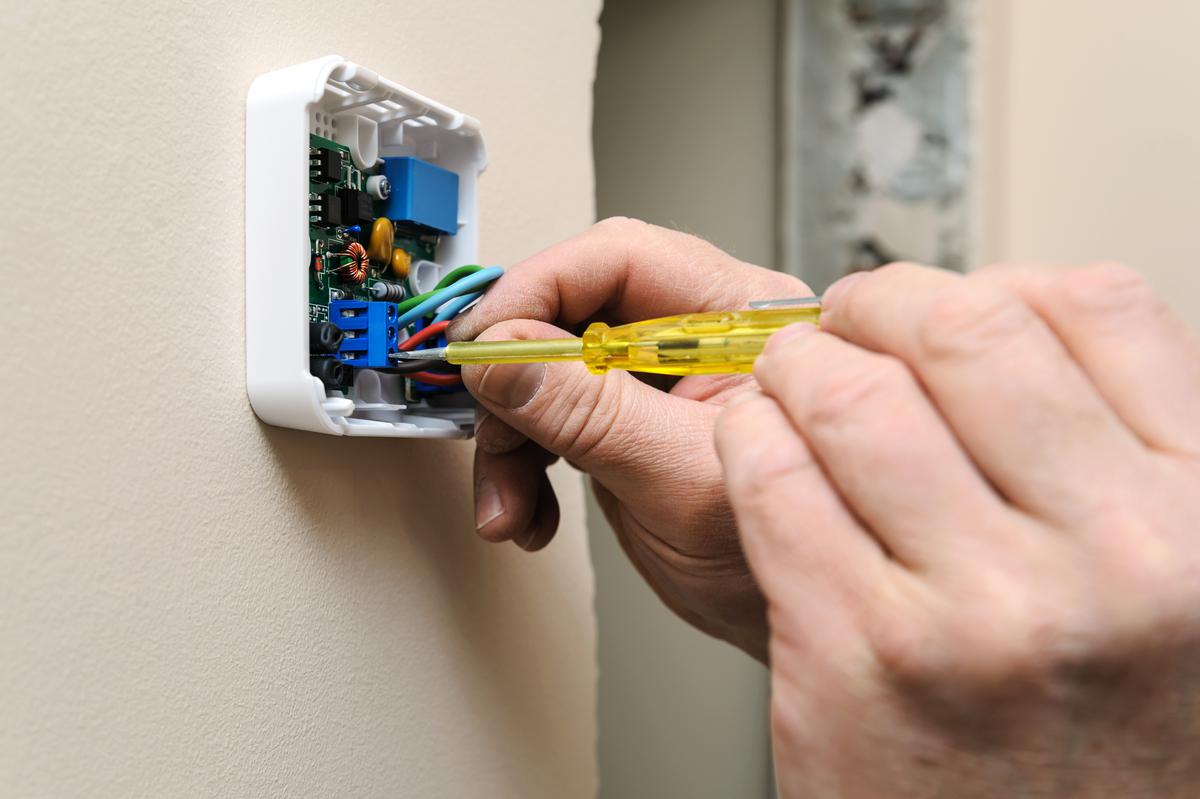

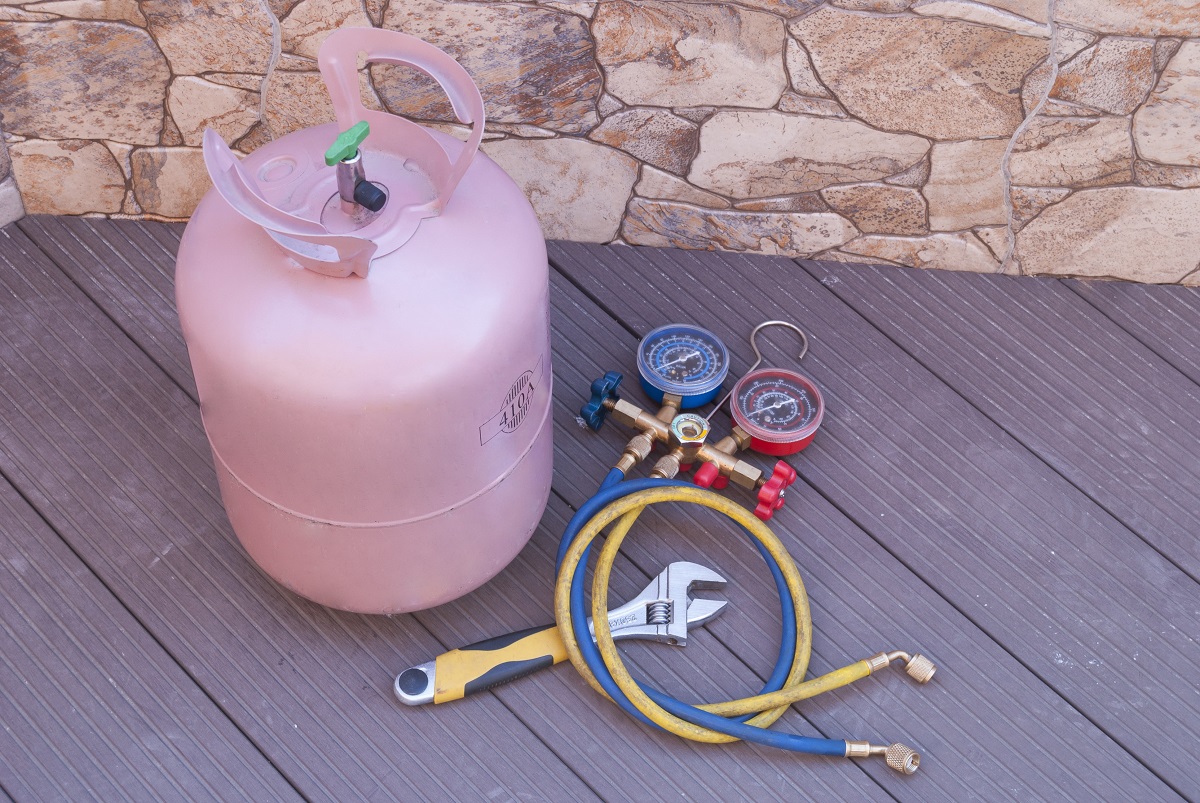
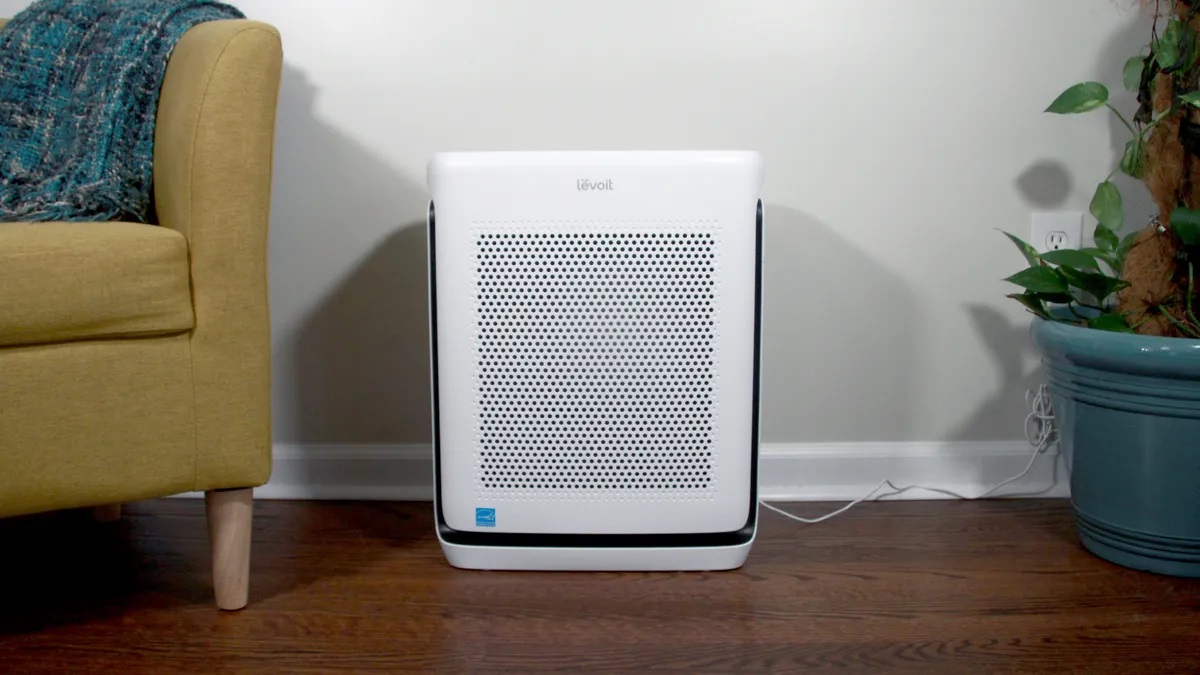

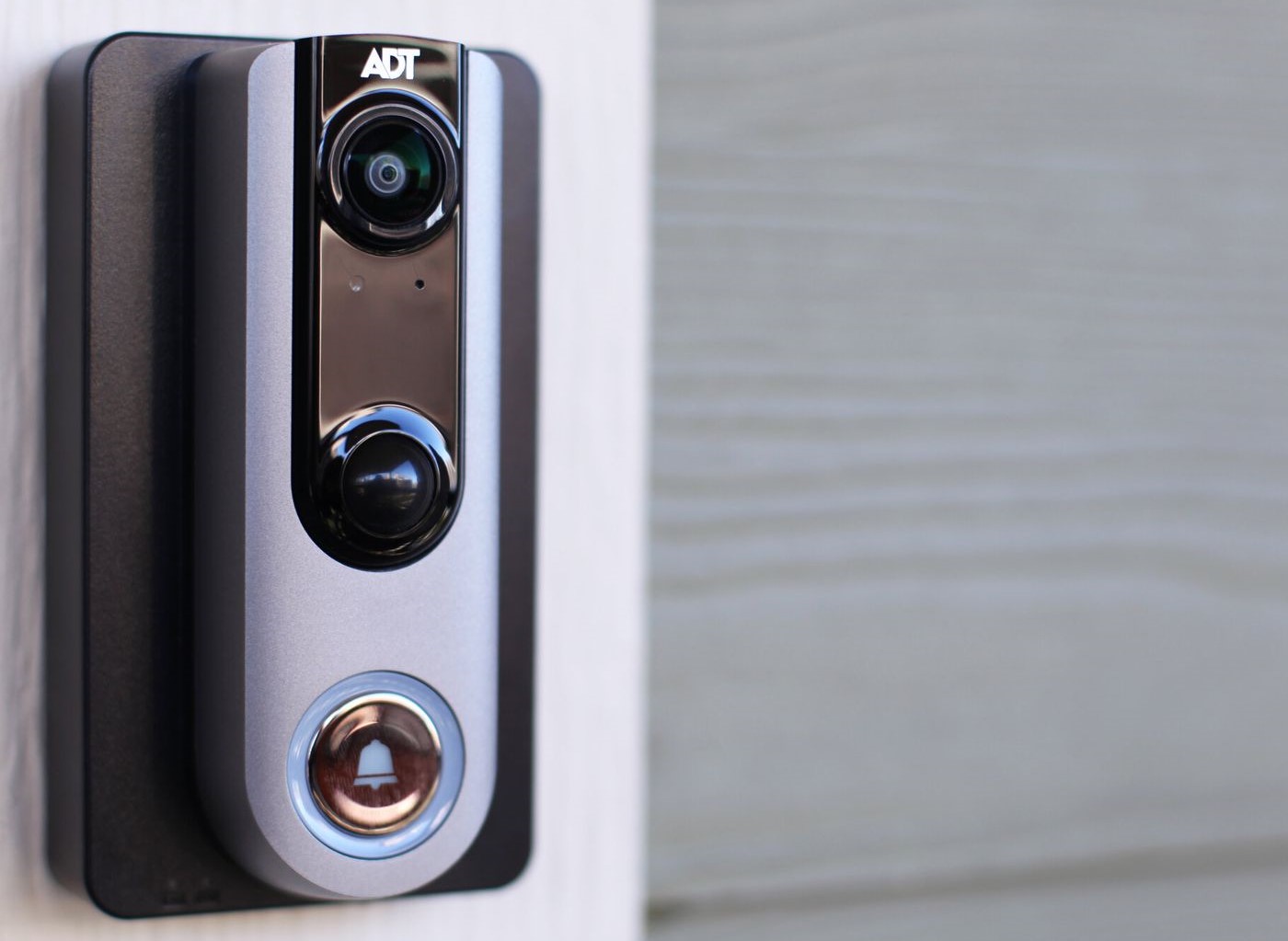

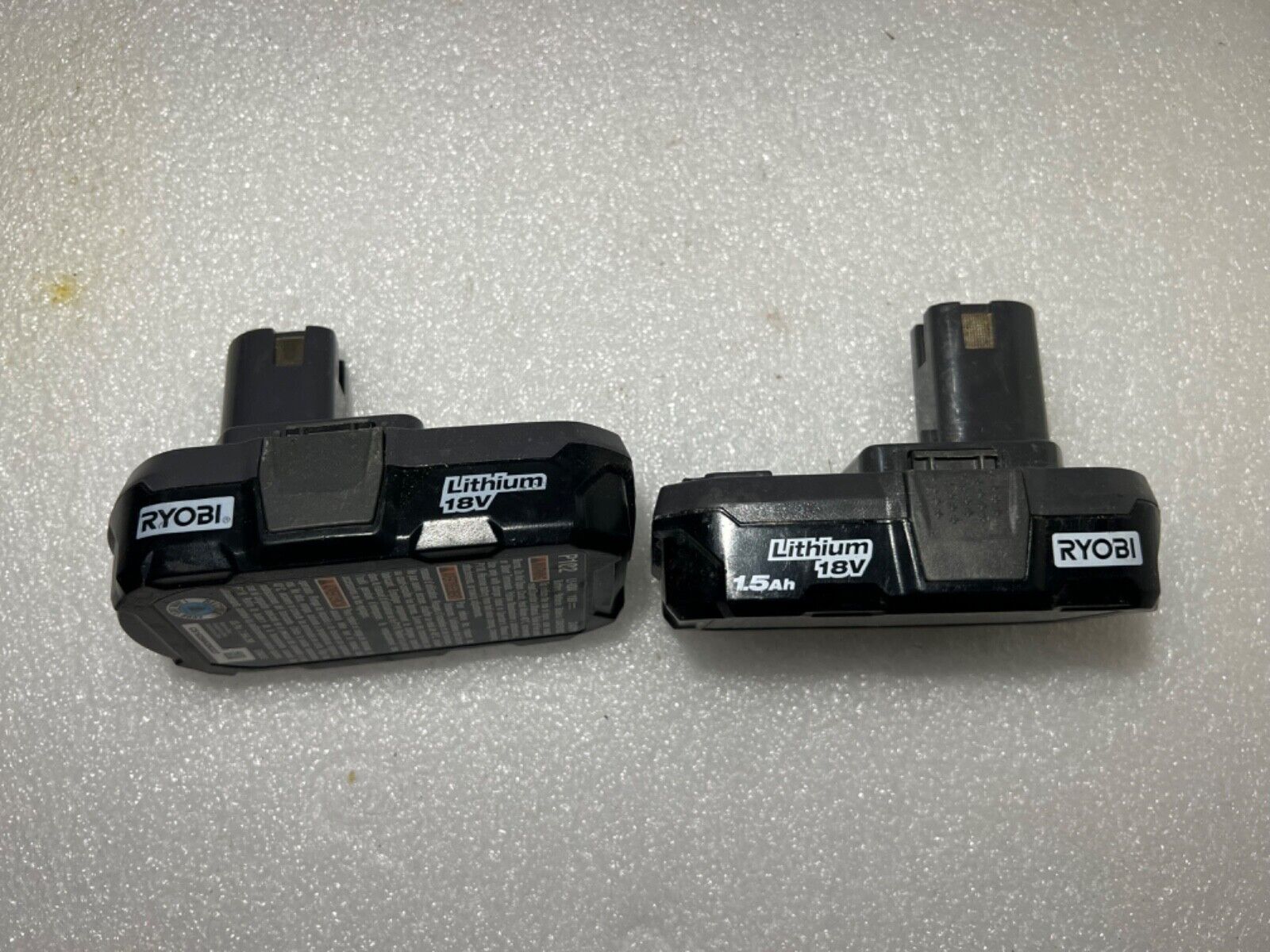
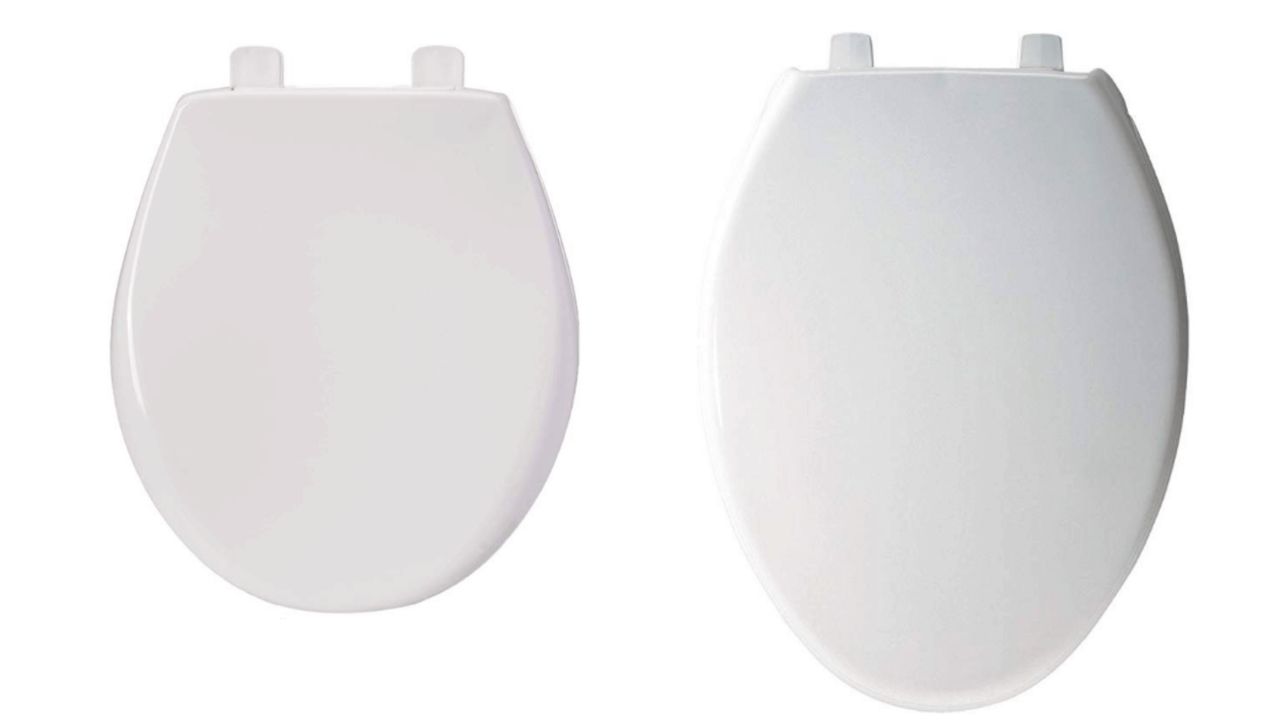
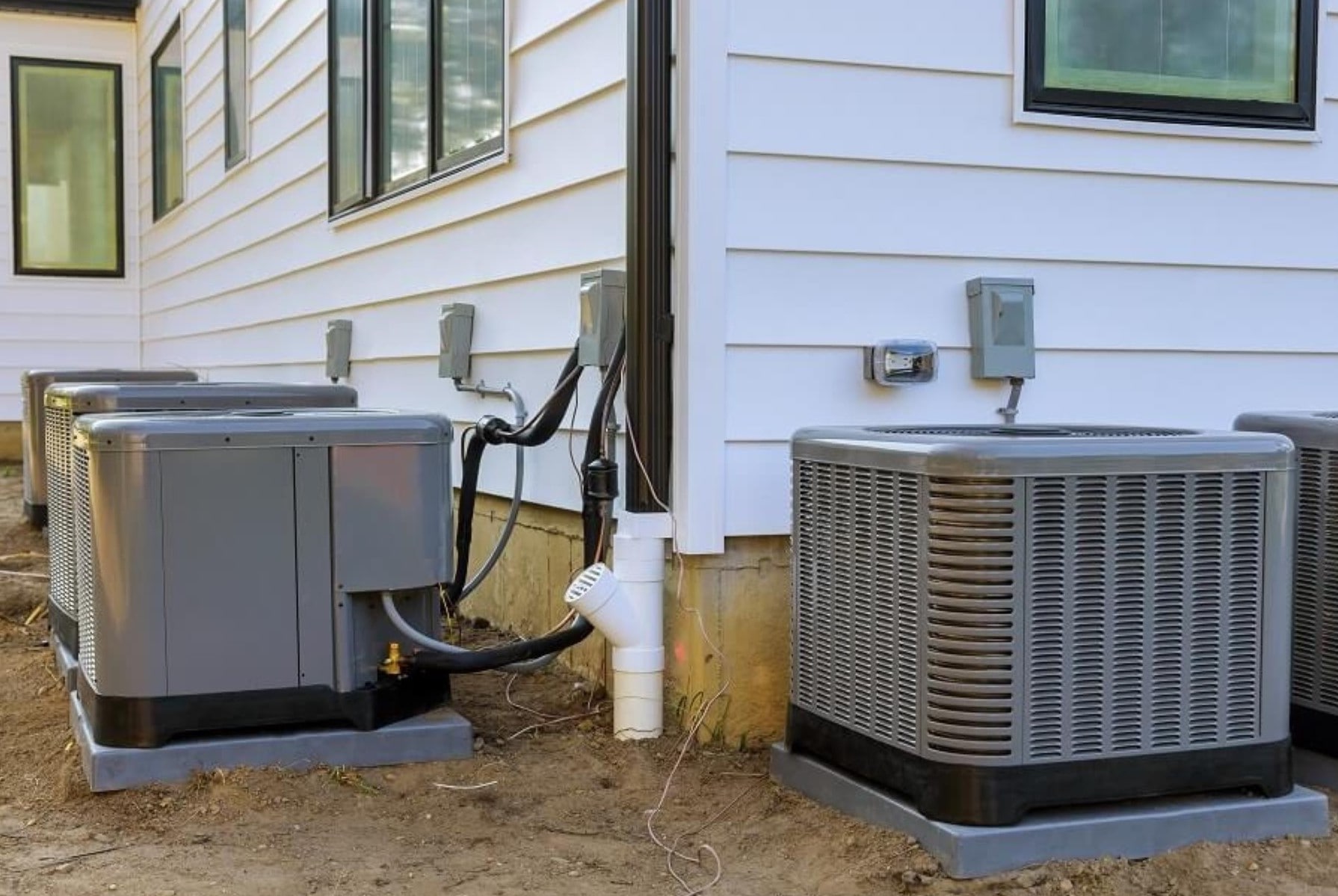
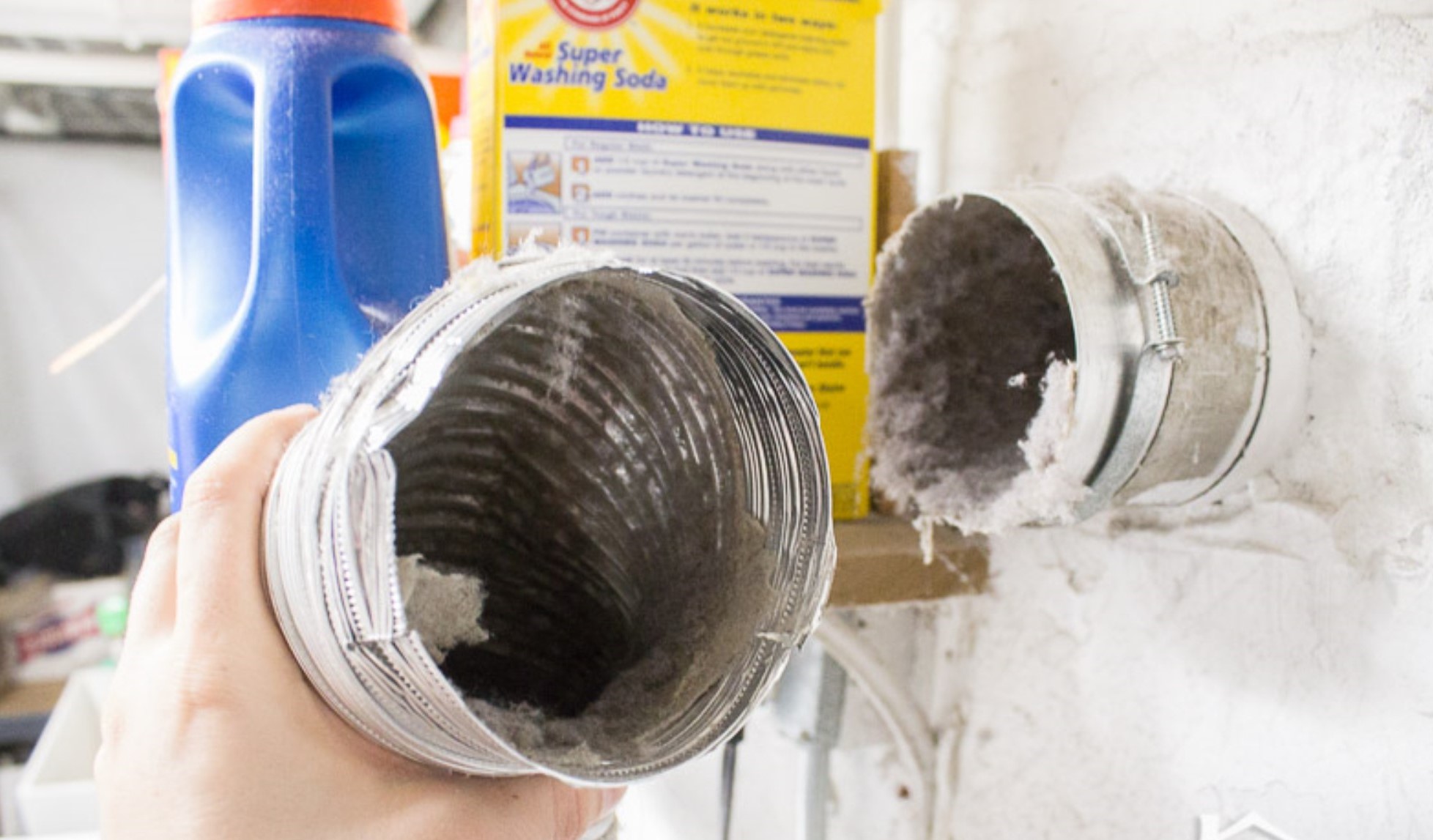

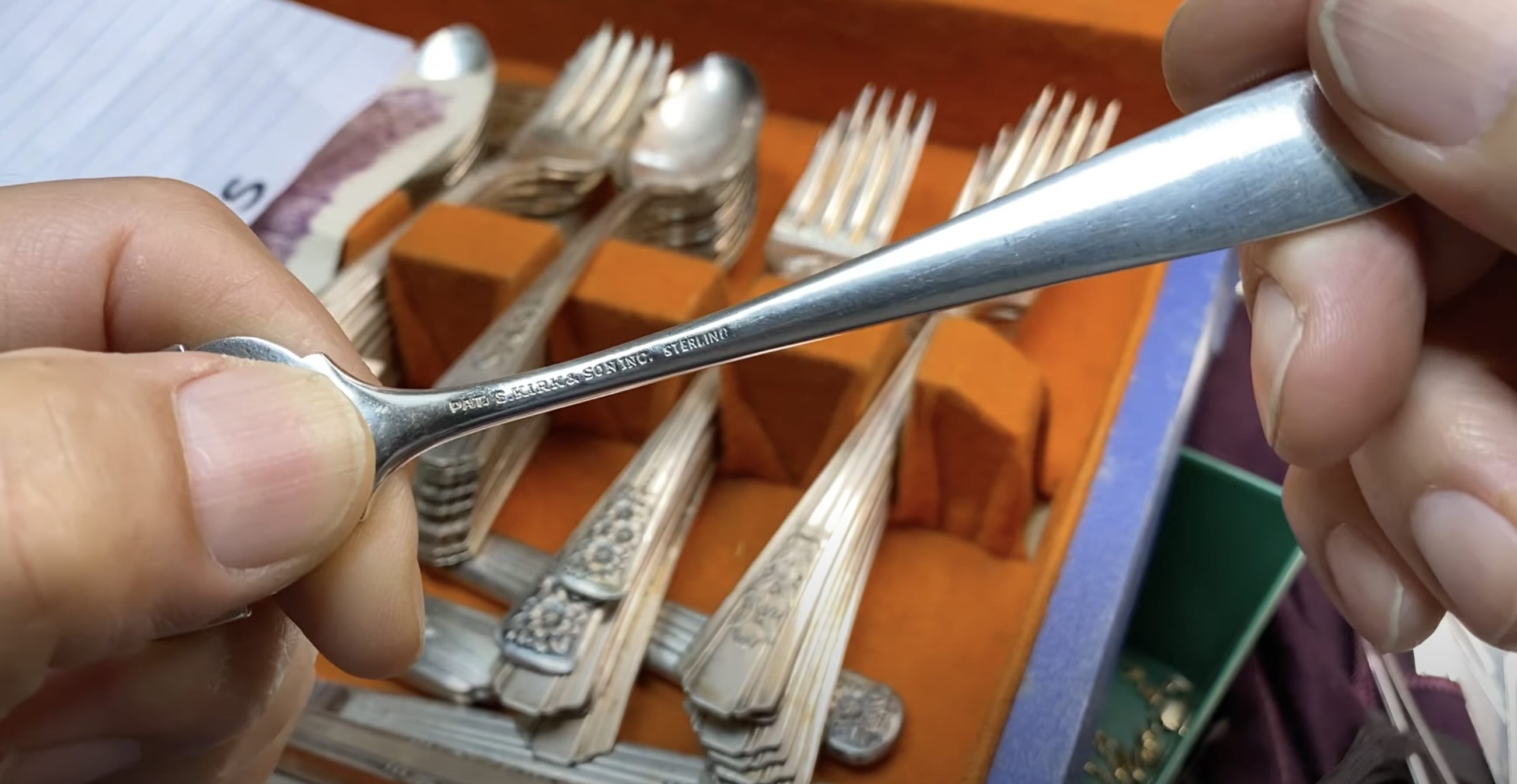
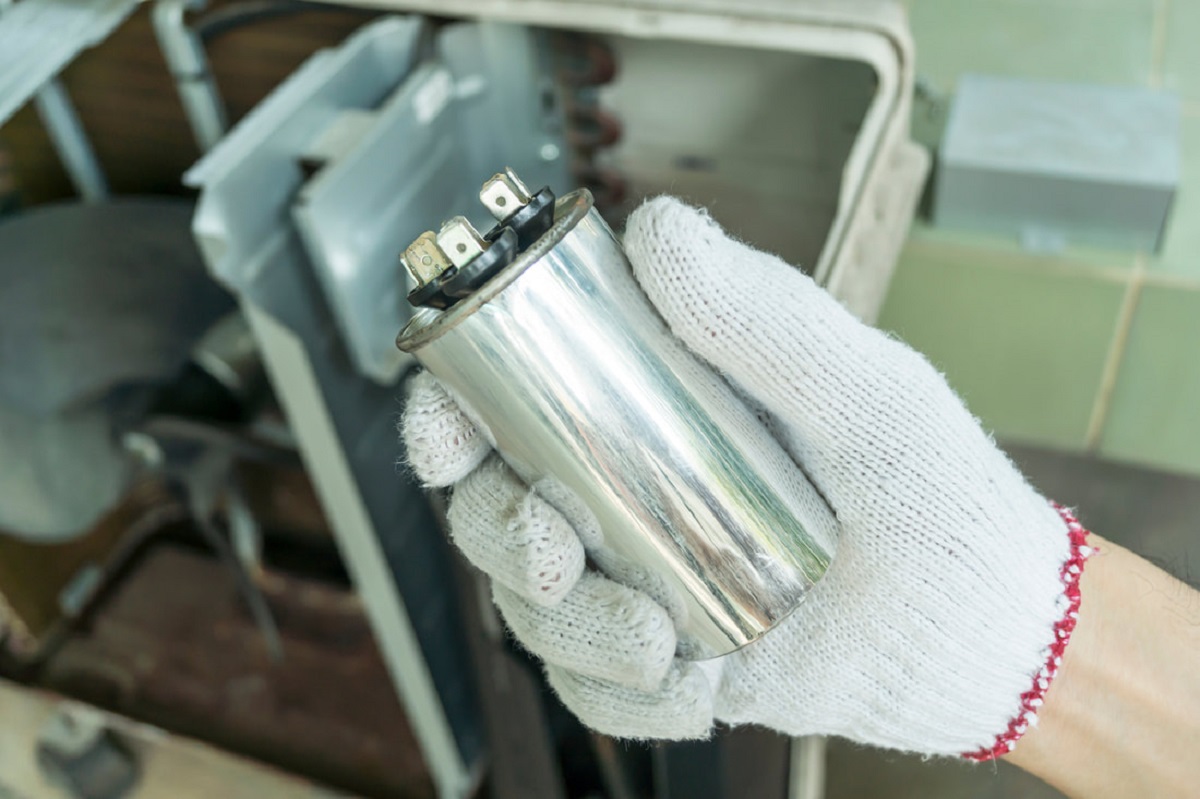

0 thoughts on “How Do I Know If My Washer Is High Efficiency”